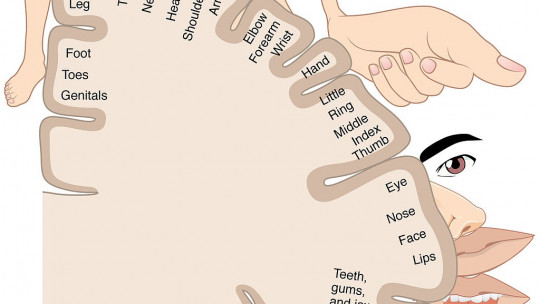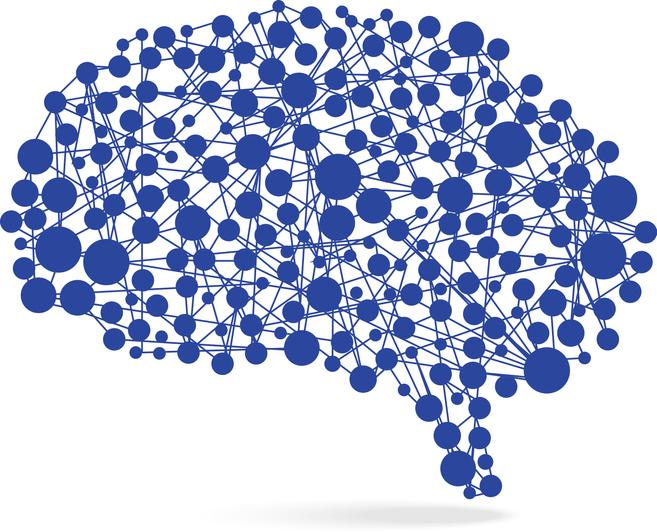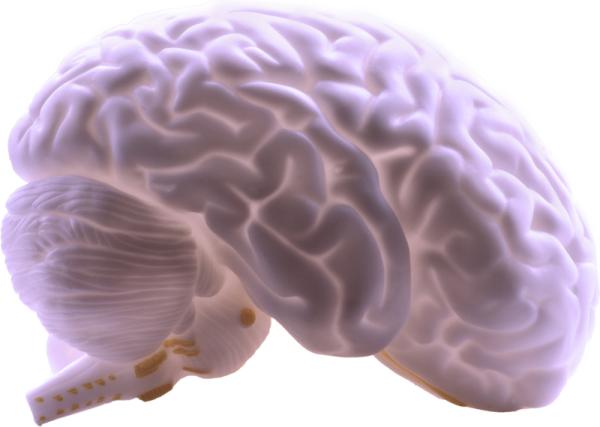
Much has happened since René Descartes’s “I think, therefore I am”, and yet his way of understanding the human being seems to have clung to the history of thought.
The approach body – mind that Descartes helped project towards the Age of Reason has created a very fertile dualist tradition in which both psychology and neuroscience have participated. Today it is still common to establish a distinction between brain and body, at least when explaining cognition and the thinking character of human beings.
Embodied Cognition or thinking with the body
Hence, in some lines of research, attempts are made to search inside the skull for the primary causes of human behavior by appealing to neural components smaller and smaller in an infinite progression that is usually called reductionism .
However, this cerebrocentrist conception of thought has had a rival. The idea of embodied cognition which could be translated as “cognition in the body” or “thinking with the body”, places emphasis on the coexistence between cognition and bodily functions, two elements that merge and whose relationship goes far beyond the simple container-content scheme. .
Breaking barriers
While a dualist model would advocate separation of duties between a central executive in charge of cognition and located in the brain, and input and output pathways for data provided by the body, the hypotheses arising from embodied cognition emphasize the dialectical and dynamic character that is established between many components of the body (including here the brain) when remembering, judging, making decisions, reasoning, etc. From this current, the impracticality of distinguishing between a body that sends and receives information to the brain and is a passive agent while the brain processes the data and a brain that is a passive agent while its orders spread throughout the rest of the body and takes the reins of the situation when this stage has already passed.
The current of embodied cognition (thinking with the body) has experiments in its favor. In a study at Yale University, for example, it was shown to what extent the application of irrational criteria linked to the most primary sensory perceptions can influence our most abstract categorizations The experiment began by asking the experimental subjects to go to a laboratory located on the fourth floor. In the elevator, a researcher asked each of the people participating in the study to hold a cup of coffee for her while she wrote down her name.
In some cases, the coffee was hot; in others, it contained ice. Once in the laboratory, each of the participants was asked to describe the character of an unknown person. The people who held the hot cup tended to talk about the unknown person as being close, friendly, and more trustworthy compared to the descriptions of the “cold coffee” group whose descriptions pointed to the opposite characteristics.
There are other examples of how physical arrangements that theoretically only concern the body receptors at the most primary levels affect the most abstract cognitive processes, which according to the dualist conception are monopolized by agents located in the cerebral cortex. Mark Yates is studying how the simple act of moving your eyes creates response patterns in the random generation of numbers: eye movement to the right is associated with imagining larger numbers, and vice versa.) Less recently, for example, we recounted Gordon H. Bower’s research on the link between emotions and memory.
Beyond the scientific realm, we could talk about how popular knowledge links certain lifestyle habits and body dispositions with certain cognitive styles. We can also admit that the idea of the formation of one or another abstract categories of thought from sensible impressions is quite reminiscent of David Hume
matryoshka dolls
The dualist perspective is nice to think about, because it distinguishes between agents with very specific tasks who cooperate to obtain results. However, any demonstration that variables for which the body should be a buffer not only affect cognition, but modulate it, is potentially heretical for this conception of man.
Not only because it shows to what extent both parts are related, but because, in fact, it forces us to rethink to what extent it is correct to continue believing in the distinction between perceptual and rational units. Any explanation of human behavior that needs to appeal to a brain that unilaterally gives orders is missing out on a fundamental issue: Who gives orders to the brain? Who watches the watchmen?








